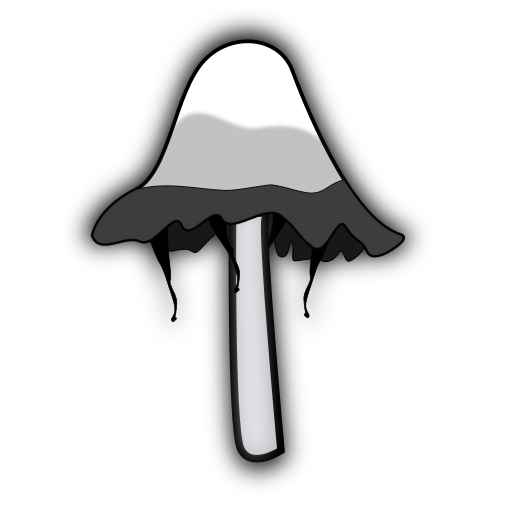For my conditions, it seems that 50/50 hardwood saw dust/wheat bran is performing better than standard masters mix. It’s probably a hair too humid for it in my tent, but it’s gotta be higher for the oysters that are fruiting now.
(That is a 5lb block of substrate)


I am extremely curious about brain chemistry mainly because I have ADHD and might even be autistic to a degree. My journey in the world of psychedelics actually kicked off my current fascination into the entire realm of mycology. It is very under-studied field, for sure. The benefits I have gotten from psychedelics are amazing as most reports show, but alas, it’s mostly subjective/anecdotal.
The taste of Lions Mane is variable, based on growing conditions mostly. If I had to generalize, it has a light seafood flavor when cooked without spices, but it’s similar in texture to tofu that is not wet, but also not fully dried out and tough. Like most all mushrooms, there are the umami notes, but not as powerful as a shiitake or dried oyster mushroom for example. (Dried Lions Mane is fairly dull and doesn’t bring out any other flavors, but it does rehydrate fairly well back to a mostly original state.)
Also, like tofu, its a flavor sponge. I have seen “bacon” recipes for it where the fruit is soaked in your typical bacon flavorings and some kind of fats are pushed into it. It’s then sliced and fried fairly crispy.
Quite honestly, the taste is secondary to texture. It’s a solid base for whatever recipes you can dream up.
Edit: I am currently making some “chicken nuggets” out of the lions mane and got a fresh taste of it raw. The standard earthy mushroom smell and taste is there as well and it’s got a mild sweet flavor. The profile changes a ton when you cook it, but I just thought I would add a couple more notes for you.
Thank you again for all the info. I doubt I will grow much or any, but it’s nice to know about so it doesn’t seem so frightening. I thought you were growing mold for a fermentation when I first saw this. Ty again !